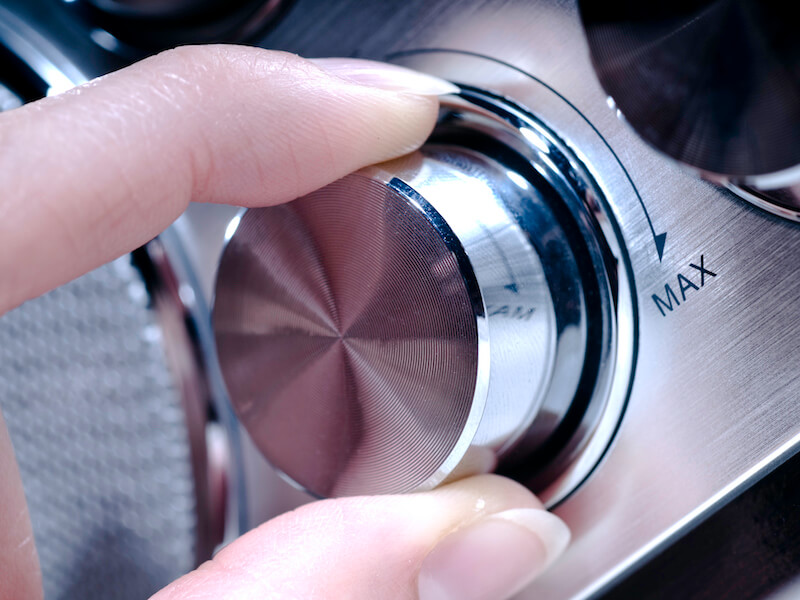
In some cases, it’s easy to know when you require medical advice. When you break a bone, for example, you know you should go to the doctor (or the emergency room, depending on the scenario). With situations like this, simply “toughing it out” isn’t an option. At least, not for very long (especially if you want your bones to repair themselves properly).
It isn’t always that clear cut with regard to hearing aids, however. Hearing loss is usually a developing condition. This means recognizing when to get treatment for hearing loss can be tricky.
That’s why it’s a good plan to keep an eye out for some specific signposts that you might be losing your ability to communicate. It’s likely time to call us for a consultation if you do detect any.
Hearing aids and hearing loss
Hearing loss is primarily managed with hearing aids. But everybody who has some degree of hearing loss won’t necessarily need hearing aids. In cases where patients have very minor hearing loss, hearing aids won’t always be practical. We may want you to hold off on using hearing aids as a result. It’s also possible that we could advise you to only wear your hearing aids when you’re in specific situations.
In other words, the threshold for requiring hearing aids isn’t always a diagnosis of hearing loss.
However, hearing aids will be the ideal solution in many cases. Many individuals won’t have their hearing loss diagnosed until it becomes more serious because hearing loss progresses slowly and often goes unnoticed for a while. Getting your hearing assessed regularly is the key to catching hearing loss early and possibly mitigating the need for hearing aids.
So how will you know if you have hearing loss?
Indications you need a hearing aid
Hearing loss is one of those conditions that can produce immediate communication difficulties. But lots of times you don’t even comprehend that hearing loss is the reason for those communication problems. So, when is it time for a hearing aid?
Here are a few of the typical signs you should watch out for:
- You have trouble understanding what people are saying: Many people feel like the total volume of life is fine so they never imagine that they may have hearing loss. But hearing loss is funny, it tends to impact certain frequencies before others. Because of this, things like vowel sounds in the higher pitches can sound distorted. Consequently, you might have a tough time understanding what people are saying to you.
- You have a tough time following conversations in noisy places: When people ask, “What are the signs of hearing loss?”, this one almost always comes up. If you have trouble hearing conversations in loud places, that’s usually a sure sign that you have hearing loss. That’s because your brain has a hard time filling in the missing information that gets lost with hearing impairment. Because of this, there’s a lot of muddled conversations.
- Phone conversations sound muffled: Even the highest quality phone speakers tend to flatten a voice. That can make it tough to understand, particularly if you have hearing loss. Again, particular frequencies are missing and the outcome is that it’s very difficult to hear those voices.
- You listen to the radio or TV at really loud volumes: Hearing loss could be the cause if you continually need to crank the volume of your devices up. This is especially true if you keep moving that volume knob higher (and even more especially true if the people around you complain about how loud your media is).
So how should you deal with it?
When you break a bone, it’s clear cut what to do: you go to the doctor! But what about when you notice these indications that you might need a hearing aid? What degree of hearing loss requires hearing aids? That’s not a very easy answer but you should schedule an appointment with us for a hearing exam if you start to notice any hearing loss symptoms. We will be able to inform you about how severe your hearing loss is.
And if you do end up needing hearing aids, a hearing test will help determine the best device for your hearing needs. Then you will be able to get back to taking pleasure in good conversations with your friends and family members and doing the things you love.
Call us for a hearing exam so we can help you improve your quality of life.